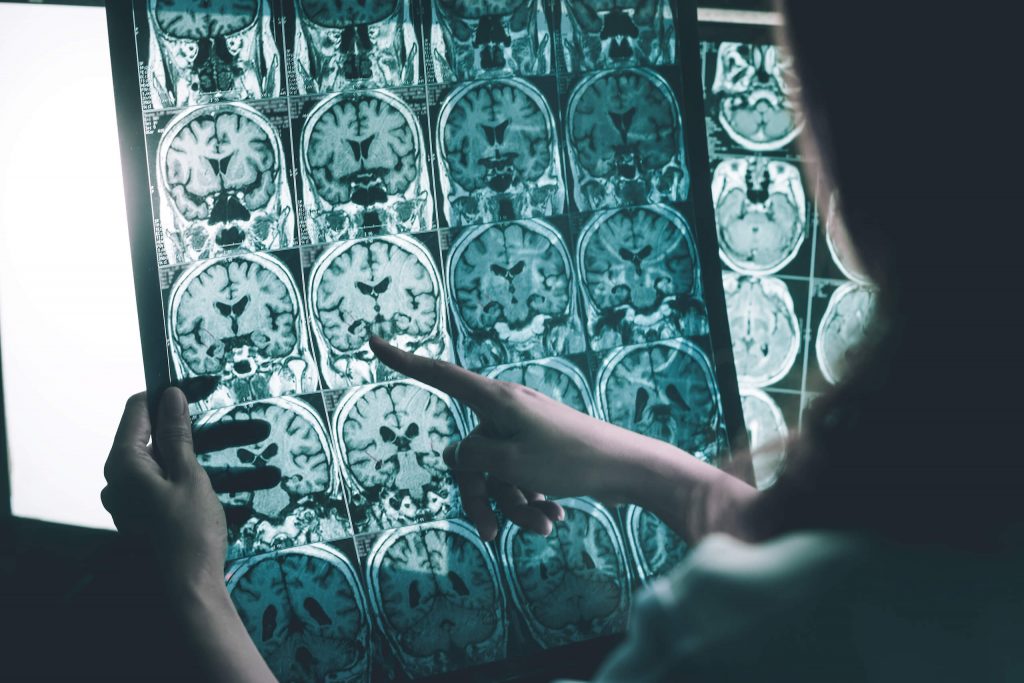Exploring the Immune System for Clues to Alzheimer’s
Alzheimer’s is a global epidemic, but after decades of research, scientists still don’t know what causes it. Now, science has turned to the inner workings of the brain’s immune system for clues.
Our immune system is a complex ecosystem filled with all sorts of different cells and proteins. Each has a special job. Microglia cells, for example, are like a cleaning crew. They survey the brain for things that don’t belong — pathogens, toxic waste, and foreign substances — and tidy up. Microglia can’t do it all on their own, though. They need to accurately sense what needs to be cleaned up. And one part of those critical sensors is made by a special gene called TREM2.
TREM2 is a gene in our brain that makes a protein that the brain’s immune cells use to detect harmful substances — and target them for removal.

TREM2 also has an interesting link to Alzheimer’s, the most common form of dementia. A rare variation, or mutation, in the TREM2 gene’s DNA code prevents TREM2 from doing its job correctly, causing the microglia cells around it to become hyperactive; in other words, this little corner of the brain’s immune system kicks into overdrive.
In 2015, researchers from University College London discovered that people who carry this mutation are a staggering three times more likely to develop Alzheimer’s disease than those without the variation. Though it may seem that a bigger response is better, hyperactive immune cells might also clear up things the brain needs (like contacts between neurons), and also lead to inflammation — which is a big problem in Alzheimer’s. When TREM2 isn’t working properly, it also makes it harder for the immune system to specifically clean out garbage – like invasive beta-amyloid plaques, which tend to build up in the brains of people with Alzheimer’s.
Since only 0.3 percent of the population have this genetic mutation, it cannot be used as a marker for the disease. However, it gives researchers key insight as to the ways microglia could either help or harm the aging brain, which will lead to new Alzheimer’s treatment and therapies.
In a collaborative clinical trial between companies Alector and Abbvie called INVOKE-2, researchers are focusing on the hindered functionality of TREM2, and how the change in its activity in the brain may alter the course of Alzheimer’s disease and other forms of dementia. At the heart of this research is an immunotherapy, a type of therapy that stimulates immune responses to fight infection or inflammation.
The antibody of the immunotherapy that is being studied and developed in this clinical trial, known as AL002, works to increase TREM2 signaling activity in the brain to drive a more appropriate immune response, which in turn would decrease inflammation and beta-amyloid plaque build up.
In the early phases of the trial, scientists observed that AL002 seemed to help TREM2 function better, giving the brain’s immune system a boost. In Phase 2, some portion of 265 participants who have Alzheimer’s disease will get a placebo, while others will get doses of AL002 in monthly infusions while the researchers explore whether AL002 helps improve their cognitive function or treat their Alzheimer’s.